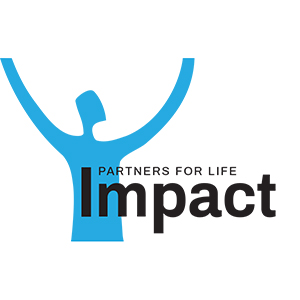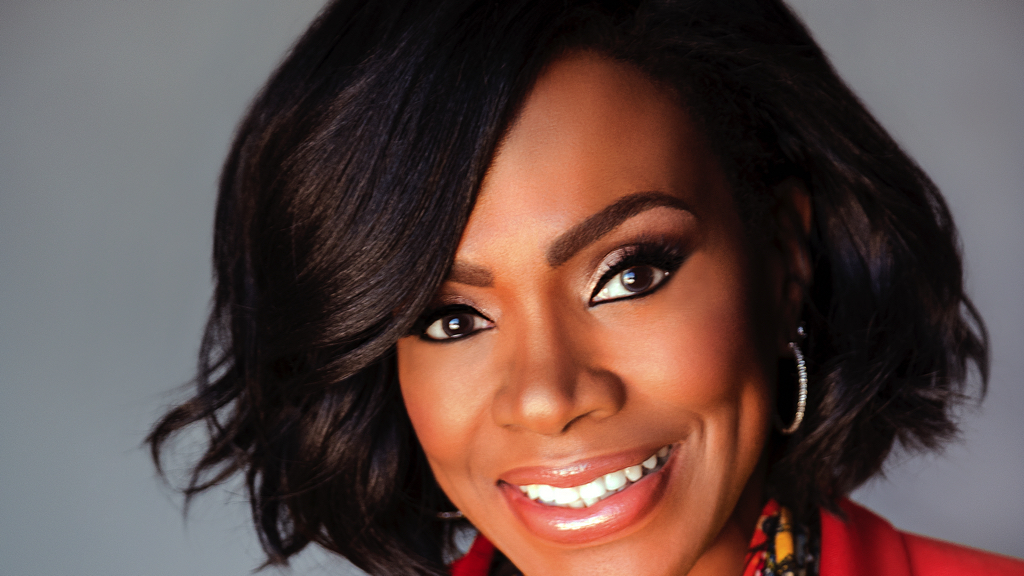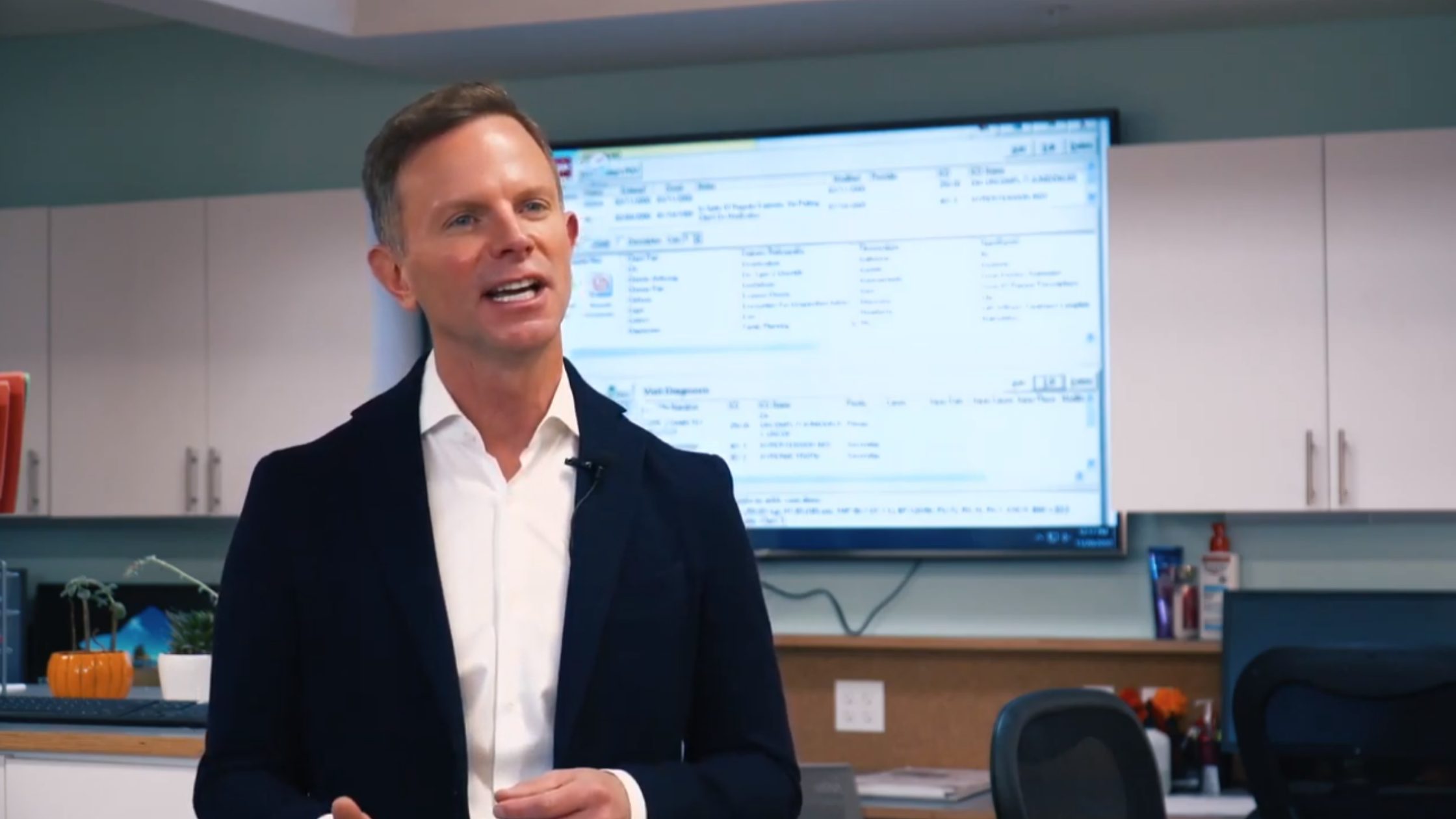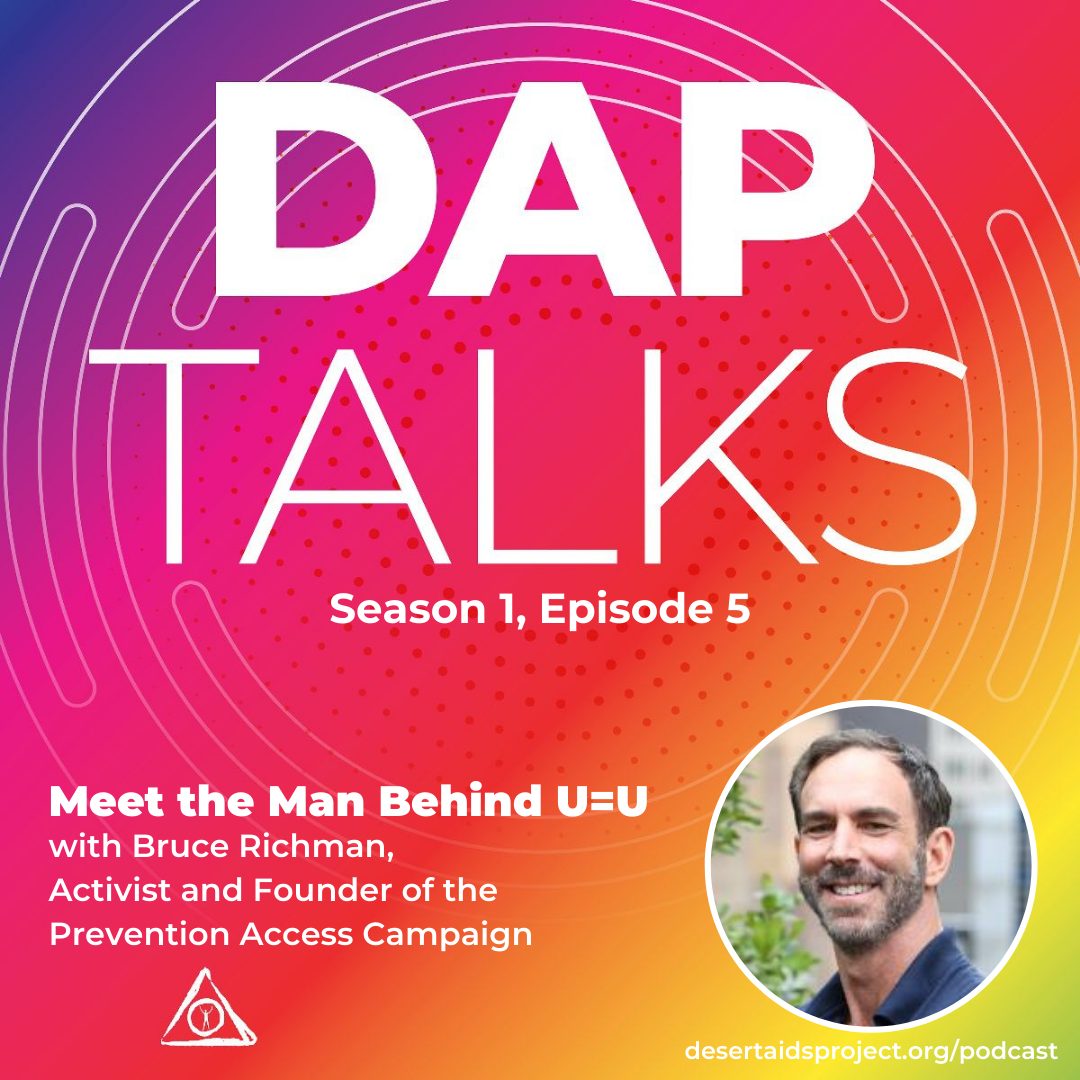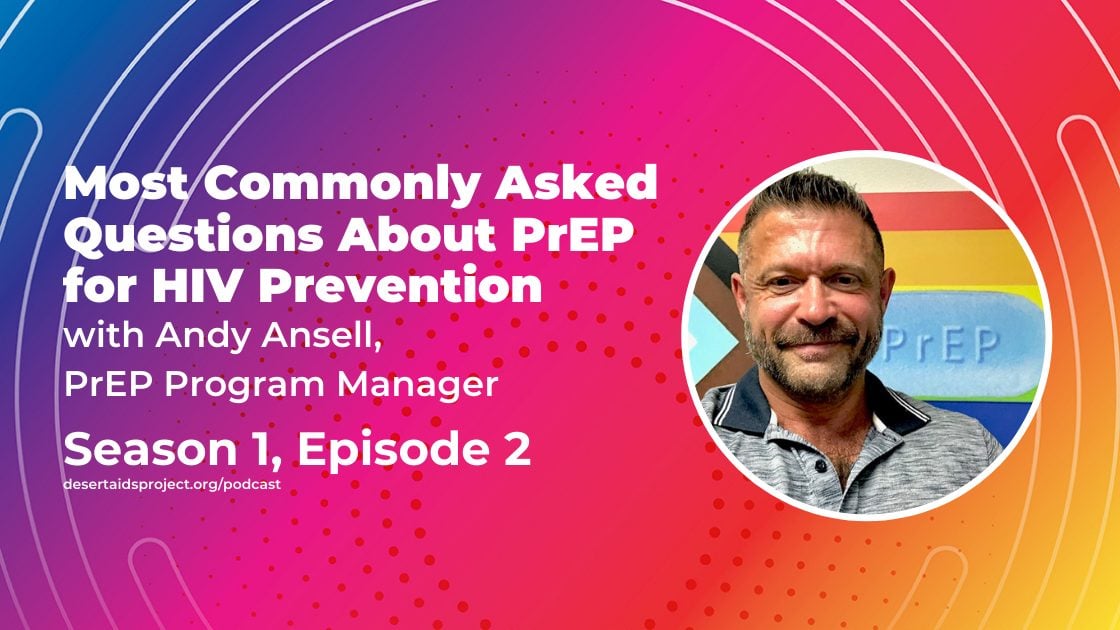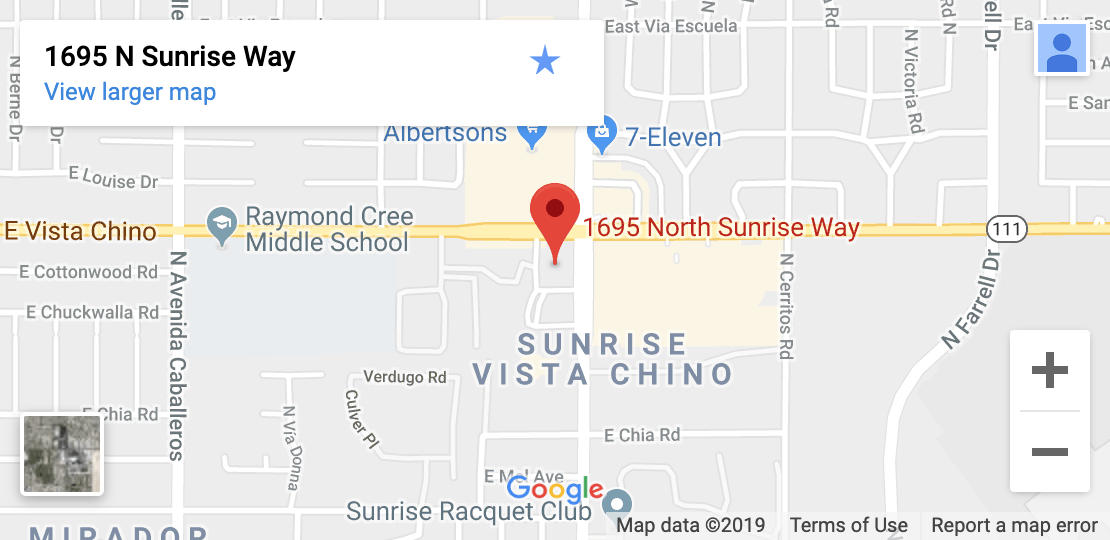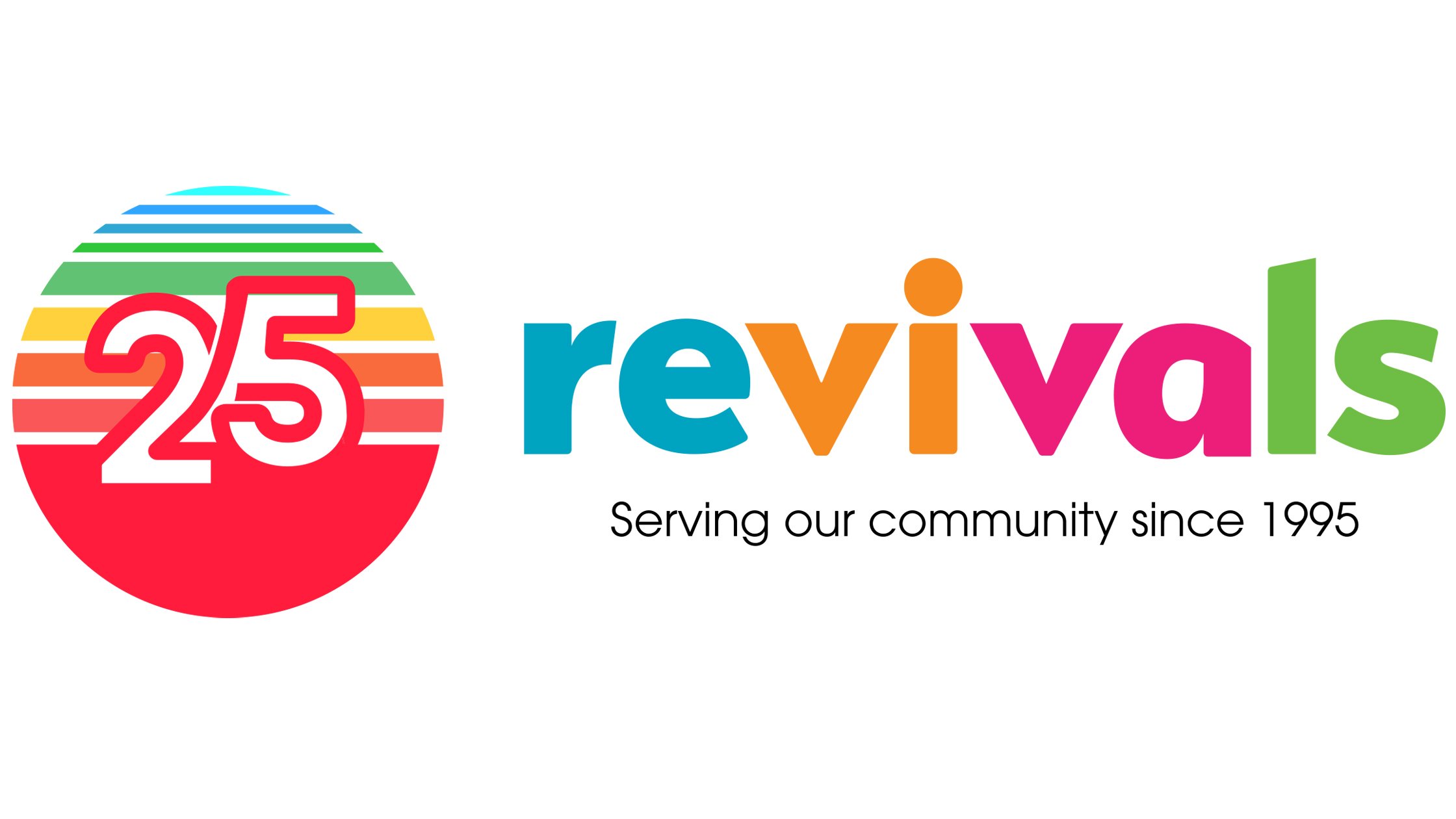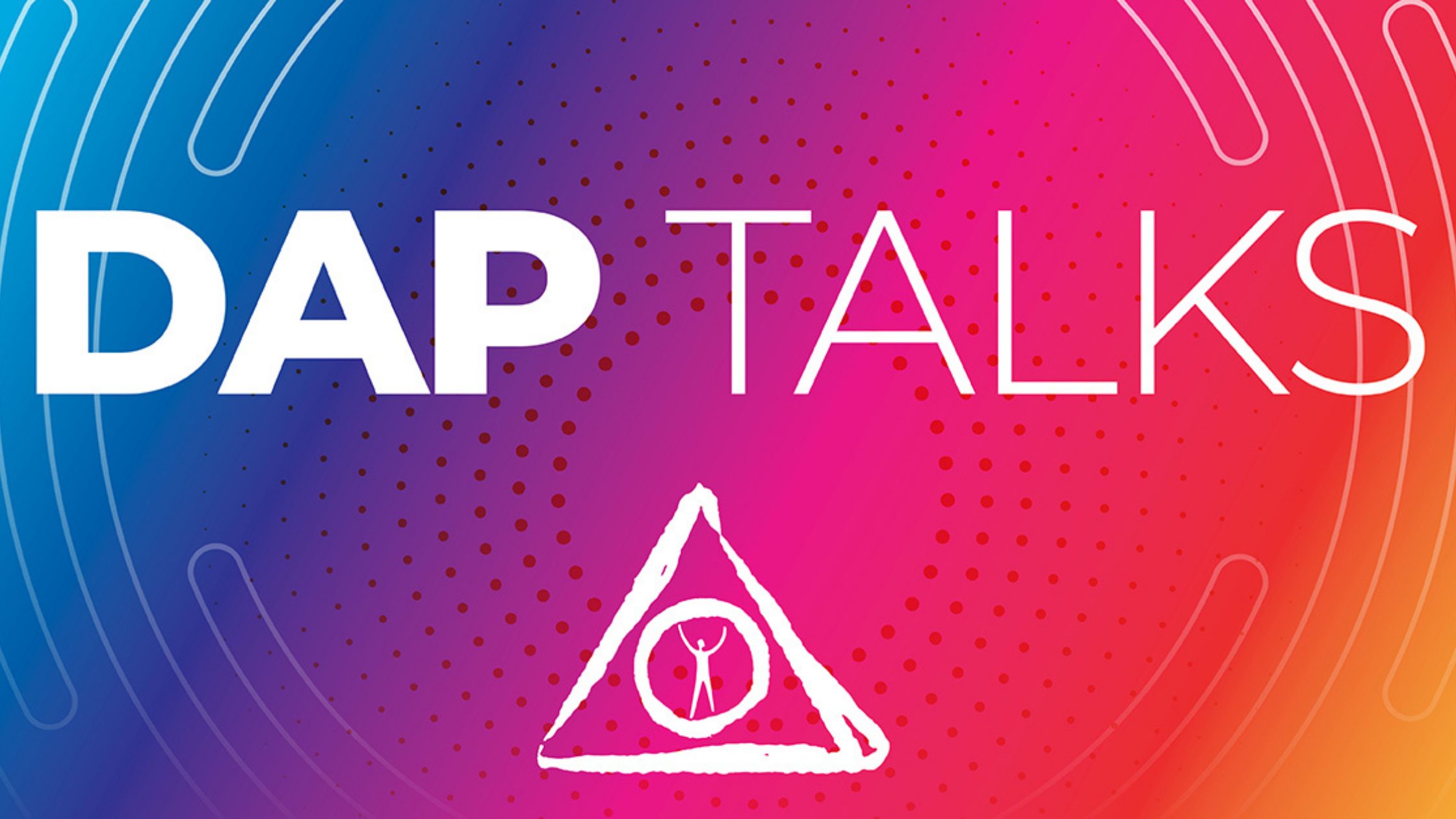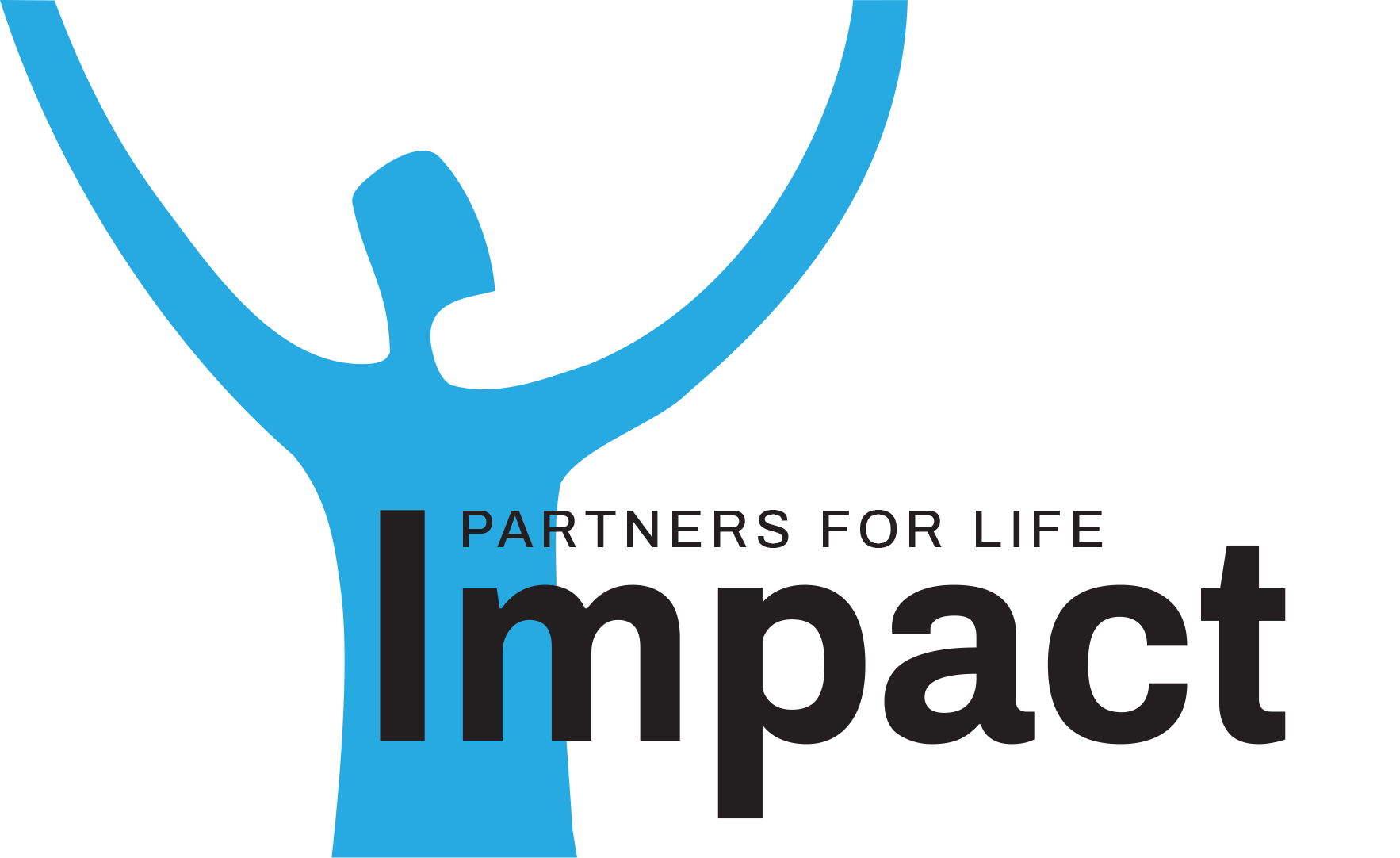
DAP Health Invites Prospective Donors To Go Behind the Scenes
In June of 2021, DAP Health’s IMPACT Hour — a facility tour granted to prospective donors that not only gives glimpses of behind-the-scenes spaces but offers patient testimonials — was introduced. The visit, to which attendees are invited by a current benefactor or staff member, is intended to inform and to forge connections, rather than to solicit donations.
Typically held every second Wednesday from 5:30 to 6:30 p.m., each IMPACT Hour usually brings anywhere from six to a dozen newcomers to the fold. CEO David Brinkman normally kicks off the informal gathering that begins at the heart of the Annette Bloch CARE Building, and Director of Development James Lindquist accompanies the group throughout the journey.
Each of DAP Health’s color-coded clinics, which correspond to the human chakras — yellow for the solar plexus, green for the heart, blue for the throat, purple for the mind, and orange for the sacral region — is viewed, as is “the bullpen,” command central where various medical professionals convene to discuss different aspects of their patients’ holistic care.
The excursion consists of three primary stops, or “buckets,” focusing on ending epidemics, health equity, and mental health and addiction services. Each bucket features a storyteller — an employee or patient — who shares more about the organization’s operations and reach, following a “myth, fact, gap, need” framework.
“With ending epidemics, we talk about the myth where people believe they’re not susceptible to infectious disease,” offers Lindquist. “The fact of the matter is, everybody can get infected by something.”
The IMPACT Hour — which literally last for 60 minutes or less — customarily ends in the Barbara Keller LOVE Building’s Marc Byrd Behavioral Health Clinic reception area, where a patient will share how DAP Health has changed their lives for the better. More often than not, more than a few tears are shared by those who listen attentively to the speaker’s tale. In fact, even friends of DAP Health who have long supported the agency are left deeply impressed at having witnessed not only clinical areas, but living and breathing stories, all of which are rarely revealed to members of the general public.
The truth is, only once one steps inside DAP Health’s expansive campus — and hears from some of its patients — can one really get a sense of the scope of work that goes on inside its walls at the corner of North Sunrise Way and East Vista Chino.
Whether you are a current DAP Health donor who would like to arrange for a handful of your friends to attend a future IMPACT Hour alongside you — or a curious newcomer whose appetite has been whetted to learn more about all the programs and services the non-profit provides — please contact Director of Development James Lindquist at [email protected] or at 760.656.8413.









